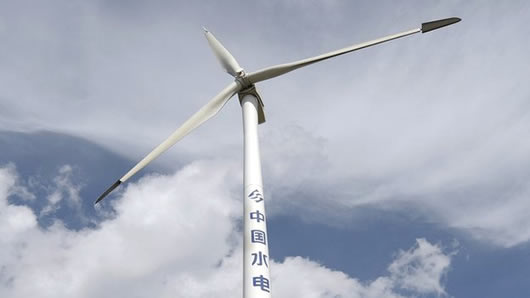 Ghana has been selected alongside Bangladesh and India, to benefit from the15-million Canadian-dollar project for Delta, Vulnerability and Climate Change, Migration and Adaptation (DECCMA)
Ghana has been selected alongside Bangladesh and India, to benefit from the15-million Canadian-dollar project for Delta, Vulnerability and Climate Change, Migration and Adaptation (DECCMA)
The DECCMA project which is been sponsored by the Canadian and the British Governments, under the Collaborative and Adaptation Research Initiative in Africa and Asia (CARIAA) project, is meant to evaluate the effectiveness of adaptation options in the deltas, and also fight against climate change.
Speaking during a stakeholders meeting in Accra on Monday, Dr Robert Micholis, Principal Investigator of the DECCMA Consortium, said the DECCMA project would also aim at creating the needed conditions for a more sustainable adaptation.
He said the deltas were home to over 500 million people worldwide, who were usually vulnerable to sea level rise and were often classified as poor people.
He said the five-year project would also help the DECCMA Consortium understand the conditions that promote migration and its outcomes, as well as specific adaptation option for trapped populations through surveys.
He noted that the project was also aimed at identifying feasible and desirable adaptation options and support implementation of stakeholders-led gender-sensitive adaptation policy choices.
“We would also use it to understand the governance mechanisms that promote or hinder migration of men and women in the deltas of which Keta is part,” he added.
Dr Niclolis said the research would focus on the three largest deltas of the Ganges-Brahmaputra-Meghna in Bangladesh and India and two smaller examples of the Volta in Ghana and the Mahanadi in India.
Professor Ebenezer Oduro Owusu, Provost of the College of Basic and Applied Sciences, expressed concern about the fast destruction of houses and properties by the sea at Keta and its environs, due to the effects of Climate Change.
He noted that Climate Change had become a major environmental issue with its accompanying challenges of severe drought, flooding, coastal erosion among other things, forcing inhabitants to migrate.
He cited the Tsunami which happened in Japan, and led to the loss of lives and properties as a classical example of the effect of Climate Change.
The stakeholder meeting was attended by District Chief Executives of Keta, Ketu South, Ketu North, Ada East and Ada West, and researchers from Bangladesh, India, Britain, Canada.
In Ghana the research is being conducted in collaboration with the Regional Institute for Population Studies at the University of Ghana.
Source: GNA























